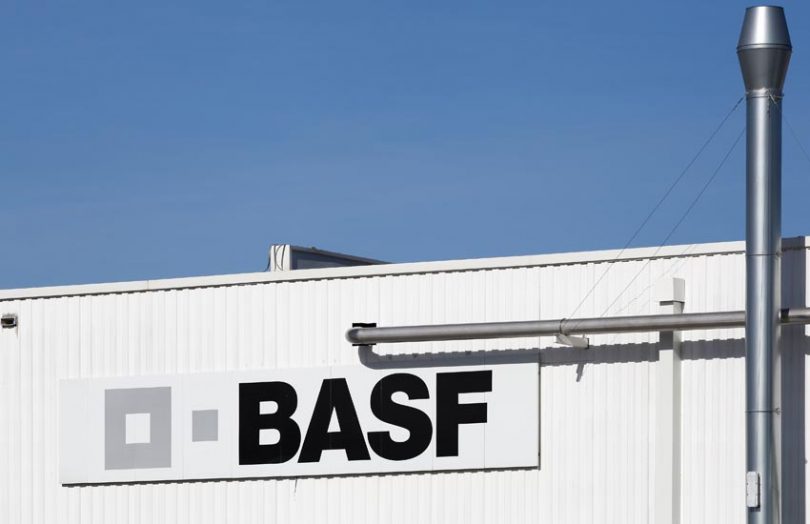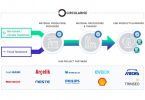Yesterday BASF unveiled a new pilot blockchain for recycling plastics, reciChain. The novel pilot is launching in Canada’s British Columbia following an earlier pilot in Brazil.
Deloitte research found that Canada produced 3.3 million tones of plastic waste in 2016, of which only 11% was recycled. At the current rate, Canadians will annually dispose of $11 billion of plastic materials by 2030.
BASF has a novel approach to the recycling process, which involves a series of badges that will help recyclers with mechanical sorting of collected plastics because the badges can be scanned.
“There is a clear global challenge around the economics of recycling plastic. Much of the collection and sorting activities are challenged by manual processes and material contamination. Additionally, traceability is a concern as new commitments start to emerge from brand owners and retailers,” said Marcelo Lu, President, BASF Canada.
“With reciChain, our goal is to revitalize the value of plastics and significantly improve circularity in the supply chain.”
How it works
Manufacturers of the original polymer will create a digital badge that identifies the ingredients. The manufacturers of final goods are likely to incorporate both primary and secondary plastics and will include these badges as appropriate. This helps brands to show the sustainability of their consumer products.
The waste collectors can mechanically sort plastics by polymer types through scanning the badges, increasing the recovery rates. These recycled materials are broken down into plastic pellets, which will use loop counting to track how many times they’ve been recycled.
Blockchain is used to share data form the digital badges amongst market participants securely. Brand owners rely on recycling certificates, but the blockchain allows more transparency into the validity of these certificates.
“A successful implementation of reciChain will result in a collaborative digital consortium that will bring together plastic manufacturers, suppliers, government entities, retailers, waste collectors and recyclers aimed at keeping the life of plastic molecules circular,” said Anthony DiPrinzio, Head of BASF Blockchain Lab.
“Leveraging blockchain technology, we can work together to ensure our products deliver back to the value chain and contribute to a circular economy.”
Blockchain for recycling
BASF isn’t the first to use blockchain in plastics recycling. Dell laptop owners can view the provenance of recycled materials tracked using VMWare’s blockchain technology. PlasticBank is using tokens to incentivize the collection of plastics and is working with cleaning supplies company SC Johnson.
To motivate consumers, a new German Association BIOTA was formed to incentivize people to collect plastic waste. The project is similar to people being paid for returning glass bottles but uses distributed ledger (DLT) tokens from IOTA.






